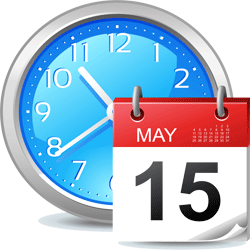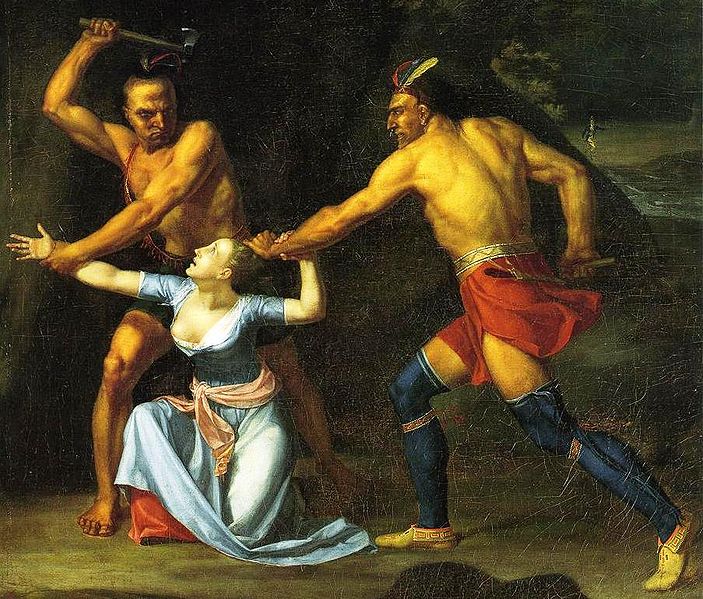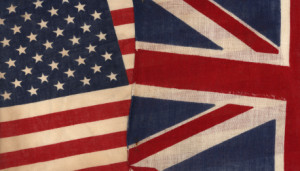On Monday August 19, the National Council on Public History posted “Unpaid Internships: A foot in the door or a step backward?” on their History@Work blog. In this roundtable discussion, four public historians offered their insights on whether historians should “pursue unpaid internships or volunteer opportunities as part of [their] professional training.” The panel did not reach a consensus. I believe that historians who want to work for public history organizations need to seek out pre-employment experience through internships or volunteer work. Given the current economic climate and number of people looking to enter this line of work, my experience has shown that these opportunities are likely to be unpaid and competition stiff.
 My Story
My Story
While in graduate school, I volunteered at public history organizations like the Albany Institute of History & Art, the New York State Museum, and the Van Schaick Mansion. I also entered graduate school with a background in public history: I worked as a seasonal interpretive ranger at the Boston National Historical Park for 5 years. I thought that I could translate this experience and my academic credentials into a public history job. However, my academic training and interpretive background were not enough. Public history organizations want job candidates with more diversified skill sets.
Historical organizations in Boston tend to favor candidates with either a master's degree in library science (from programs that teach students social media skills and about digital humanities) or an M.B.A. in non-profit management.
After a few failed applications for public history positions, I changed my strategy. If these organizations want historians with a background in non-profit management and fundraising, then I would find a way to acquire experience with those skills.
I kept my eyes peeled for paid internships, but I did not see any.
There are two reasons for the paucity of paid public history internships:
First, most public history organizations do not have the money to pay for enough staff let alone interns.
Second, competition for unpaid internships is stiff. How stiff? I may have a Ph.D. and a willingness to learn, but that did not help me best the undergrads and master's students who garnered the advertised internships I applied for.
 Seek Your Own Opportunities
Seek Your Own Opportunities
Frustrated, but not deterred by my lack of success, I created my own opportunities. Rather than seek out internships with well-known public history organizations, I sought opportunities at smaller organizations.
First, I contacted Boston by Foot. This non-profit organization coordinates over 200 volunteer docents who lead history and architecture tours of Boston. At first, I volunteered to be a docent. However, as I went through their “Guides-in-Training” program, I realized that with a staff of two, I might be able to assist the organization in a mutually beneficial way. I asked the organizational director if I could volunteer in a way that would help them and allow me to learn more about how to run a non-profit. End result: I am learning how to cultivate corporate sponsorships.
Second, I e-mailed the South End Historical Society. I explained that I wanted to explore a transition into public history and asked if I could volunteer. Short on staff, they gladly took me up on my offer. Presently, I am serving on the House Tour Committee, which organizes and coordinates the largest fundraiser for the organization.
 5 Valuable Lessons
5 Valuable Lessons
My search for public history employment and internships has taught me several valuable lessons:
1. Do not discount the specialized skill sets and training public history organizations want. They hire people who possess experience with social media, digital humanities, and non-profit management.
2. A Ph.D. in history does not automatically lead to a public history job or internship.
3. Seek out and create your own opportunities. If an opportunity with well-known historical organizations does not work out, research and reach out to smaller organizations.
4. Be specific about the opportunities you want. Tell historical organizations what it is you want to learn, why they can help you acquire this knowledge, and what skills you possess that they might make use of.
5. Don’t be afraid to volunteer if you have the means to do so. Unpaid internships/volunteer opportunities pay, just not in money. Instead, you will gain experiences and connections that you will later use to obtain a paying job.
What Do You Think?
Do you think historians should pursue unpaid internships and volunteer opportunities as a part of their professional training?









